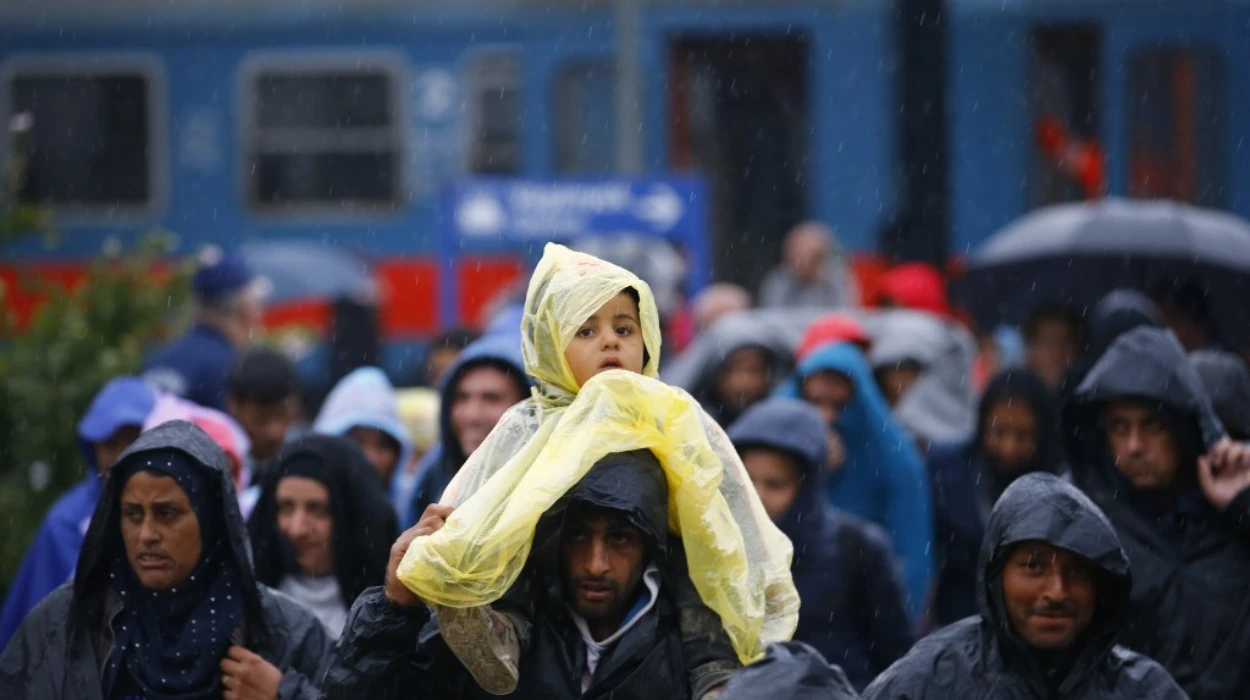Europe (Transatlantic Today)—The European Monitoring Centre for Drugs and Drug Addiction (EMCDDA) launched a new miniguide on International Migrants Day, exploring the health and social responses needed for migrants who use drugs. This resource is part of a series aimed at understanding the consequences of drug use in diverse communities and presenting strategies to close gaps in service provision for migrants.
Migrants and Drug Use: A Unique Challenge
Migrants generally have lower substance use rates than host populations; however, some may have used drugs before arrival and may need medical support, while others might become vulnerable to drug problems over time. Various risk factors—trauma, social exclusion, family separation, unemployment, and poverty—can increase the likelihood of drug-related issues in migrant communities.
Limited Services, Significant Barriers
The miniguide highlights that while there are health initiatives for migrants in Europe, few focus specifically on drug-related needs. Barriers to accessing drug services for migrants include limited awareness of treatment options, fear of legal repercussions, and concerns over residency rights or custody of children. These challenges underscore the need for culturally informed support to ensure equitable access to care.
Growing Range of Targeted Interventions
Despite limited service options, some European countries are expanding drug-related support targeted at migrants. Examples include:
- Translation and interpretation for accessible care.
- Cultural mediation to bridge language and cultural gaps.
- Cultural competency training to empower health professionals.
- Peer-led support involving migrants in program development.
- Gender-responsive and trauma-informed approaches that address unique needs and aim to create a sense of safety.
These targeted interventions reflect a commitment to inclusive, accessible health support for all communities, including migrant populations.
Implications for Policy and Practice
The EU Drugs Strategy 2021–2025 emphasizes the need for comprehensive health care that addresses migrants’ specific needs, such as:
- Screening and needs assessment upon arrival.
- Brief interventions in international protection facilities.
- Continuous care for opioid or antiretroviral treatment.
- Integrated mental health and substance use services to aid social reintegration.
The EMCDDA guide serves as a vital tool for policymakers and practitioners developing migrant-focused health responses. By understanding the unique challenges and needs of migrant communities, professionals can help ensure that services are inclusive, sensitive, and effective.


























